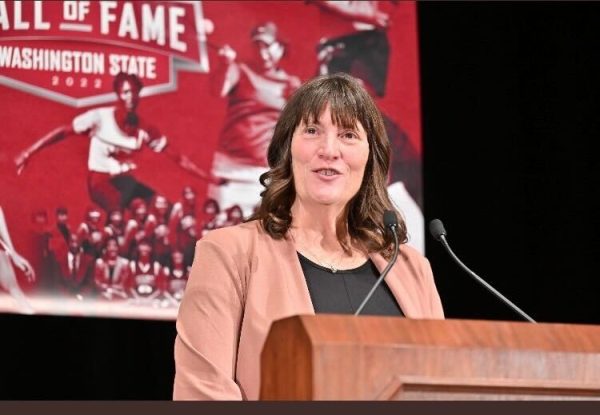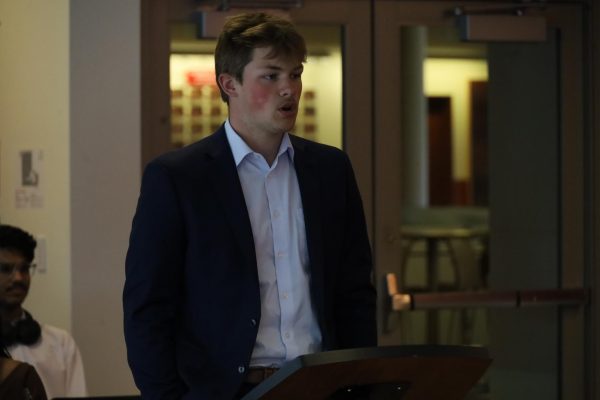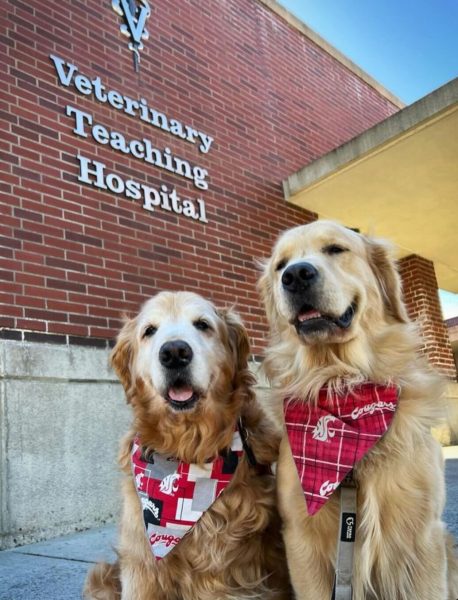WSU Tri-Cities sees record enrollment
February 13, 2017
WSU Tri-Cities saw a 21-percent increase in spring enrollment from last year, the highest in its history.
In anticipation, WSU Tri-Cities risk management teams are working with campus security to maintain student safety on campus at all times.
Brandon Fox, assistant director of student life and services, said the university is working toward hiring 24-hour security guards as a precaution.
While Tri-Cities is seen as a commuter campus, preparations have begun to accommodate the growing student body, Fox said. The new student union building is set to open this August.
“There was a plan to begin building on-campus apartments in 2016,” Fox said,.“Because of the bad weather, they will now open in 2018.”
WSU Tri-Cities is the most diverse WSU campus, with an almost 36-percent minority student body. The key is the surrounding area, Marketing and Communications Director Jeffrey Dennison said.
“I think our campus is a reflection of our community,” Dennison said.
In 2015, the Tri-Cities area had almost 26,000 residents who were not U.S. citizens, according to the Benton-Franklin county demographics.
Victory Media, publisher of G.I. Jobs, STEM Jobs and Military Spouse, named WSU-Tri-Cities a 2017 Military Friendly School. This distinction may help with student recruitment and make members of the military feel comfortable on campus, Dennison said.
Fox said the increase in enrollment is a testament to the hard work the WSU Tri-Cities admissions department has been doing with outreach across the state.
Dennison said part of the increase is due to the fact students are staying past fall semester.
“Students are finding value within the education they’re receiving so they’re staying,” Dennison said.
WSU saw a two percent increase in total enrollment across every WSU campus in the state, including the new Everett campus, which enrolled 19 percent more students compared to spring 2016. The Pullman campus increased enrollment by more than 300 students this semester.
WSU Provost Dan Bernardo said the numbers echo the record-breaking fall enrollment in 2016. The university is seeing large retention rates, though Bernardo predicts these figures will level out within the coming years.
“We’ve been trying to make the necessary investments across the whole system to accommodate our students,” Bernardo said.
These accommodations include new dormitories on campus, as well as a new focus on digital classrooms, Bernardo said. The new Chinook Student Center, set to open its first floor this month, should help with the increase of students, he said.


















